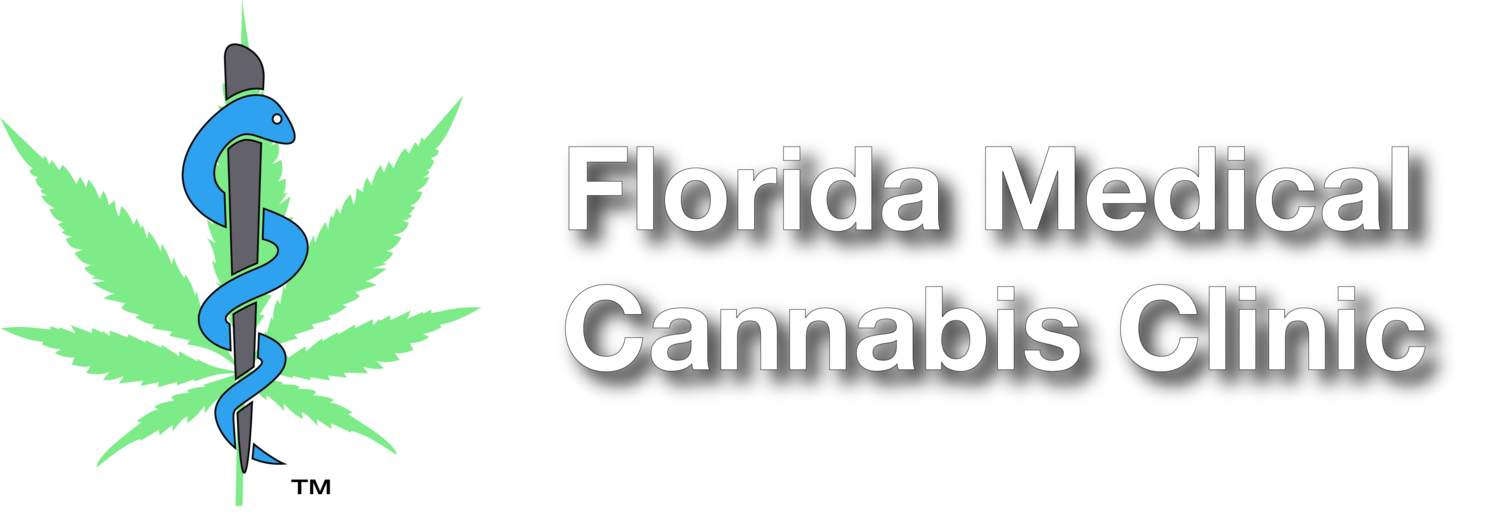Laws and Regulations for Legal Florida Medical Cannabis Patients
As a legal cannabis patient it's important to understand the laws surrounding your medication. This blog posts covers the major tenets of the law and what you need to do to stay in compliance.
Senate Bill 8A was signed into law by Governor Rick Scott on June 23, 2017. This bill set forth some of the laws and regulations guiding legal medical cannabis patients.
1. Medications must be purchased from a licensed MMTC/dispensary.
Patients can only posses medical cannabis purchased legally from a licensed Florida Medical Marijuana Treatment Center, also known as a dispensary. They may not obtain more medicine (milligrams) than authorized for by their physician. You can find a list of qualified dispensaries here.
2. Patients cannot possess flower or "bud."
Under the current law Florida cannabis patients cannot possess medical cannabis in flower form unless it is in a sealed tamper proof receptacle for vaping sold via a MMTC. At the time of this posting, Trulieve is selling flower in this legal form. John Morgan also filed suit against the state for access to flower/smokable marijuana. Many advocates believe this will become a legal option in 2018.
3. Patients cannot share medications, even with other legal patients.
Patients can be arrested and charged for sharing their medications with others, including home made edibles and topicals. This provision extends to sharing medications with other legal patients. The only persons legally allowed to posses a patient's medicine is themselves and their card approved legal caregiver (if applicable).
4. Patients may not use high THC medications in public.
While patients can legally possess their medication in most public places, law prohibits patients from medicating with high THC in public places or on any form of public transportation. It is lawful to medicate with low-THC medicines in public. When it comes to public schools and correctional institutions there are special provisions in place to allow patient access. In these situations it's best to consult Senate Bill 8A (link above) and/or the school/institution directly to ensure compliance.
5. Unless permitted by their employer, patients cannot medicate at their place of employment.
While this may be an uncomfortable conversation to have with a boss or HR department, it's the legal way to go about it. With the exception of where it poses an occupational risk, more and more employers are becoming understanding about the needs of medical cannabis patients.
6. No medicating with high thc in vehicles, aircrafts, or boats.
While high THC medications are not permitted in these situations, patients are able to medicate with low THC/high CBD medical products. When traveling with THC medicine in your vehicle keep it secured and away from your person so it cannot be mistaken that you were using.
7. Patients must continue to meet the standards for qualification.
Patient's must see their qualified physician for an in person physical exam at a minimum every 210 days, or 7 months. While this is the minimum under the law of Amendment 2/Senate Bill 8A, medical ethics and standards of care may require more frequent visits based on the qualifying patient's medical status and physician discretion. Patient's must also submit a renewal card application to the Office of Medical Marijuana Use on an annual basis.
8. patients must provide their registry identification card or be able to verify registry status if asked by law enforcement.
Both patients and legal caregivers should keep their registry identification cards on their person at all times. You don't need to go out of the way to declare your legal status, but if you are asked by law enforcement to provide your Registry ID or verify your status - do so.
9. It is unlawful for Florida patients to take their medication outside of the state of Florida.
While many patients choose to take this risk for the sake of their health, please understand that it is just that - a legal risk. Patients may be in violation of both State and Federal laws when brining their medications out of State. Alternatively, in the handful of States with legal medical reciprocity, Florida patients may be able to purchase medications using their Florida ID card.
10. Use common sense.
Don't provide misleading or false information to a doctor or the Office of Medical of Marijuana Use to obtain a card. Don't alter or mess with your ID card. Don't flaunt your medicines in public. Notify the department if you move or no longer have a qualifying condition. Don't break any (especially drug) laws.
While consequences vary by offense, breaking any of these laws/regulations can result in immediate revocation of legal patient status/ID card as well as criminal charges.

